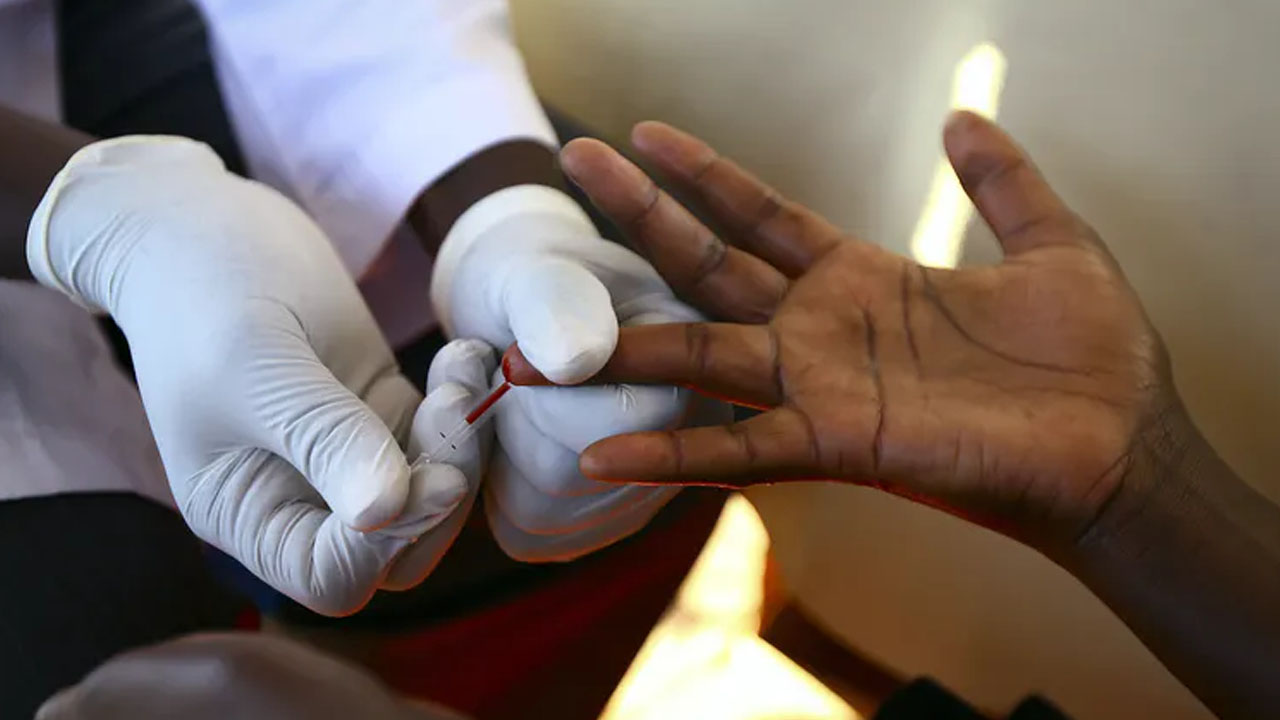
Nigerian Association of Nephrology (NAN) has advocated for the formulation of a National Renal Care Policy, as such document would help standardise treatment for Nigerians with kidney diseases.
This call was made by the President of the body, Prof. Fatiu Arogundade, during a pre-34th NAN press conference, help at Ibom Hall Uyo, Akwa Ibom state, on Monday.
Again, the Association called for the the inclusion of chronic long term renal care in the National Health Insurance Scheme (NHIS), noting that the none inclusion of the disease at this level has resulted to many loss of lives as such patients cannot afford the cost.
The three days conference with the theme, ‘Preventive Nephrology’, the body observed that medical care in Nigeria favoured medical tourism as government’s vote for healthcare was below World Health Organisation (WHO) standard, thereby leading to poor health facilities that cannot offer optimal services to patients.
The association appealed to governments to subsidise the treatment of renal disease of its citizens as practised in some other countries.
“As of today, there is little or no government involvement in renal care unlike what happens in other countries. Indeed, chronic (long term) renal care is not included in the NHIS. The state of affairs in Nigeria is that those who develop Chronic Kidney Disease (CKD) are left on their own to pay for renal care. Consequently, many of them die within weeks of that diagnosis.
“There are private hospitals and few government hospitals that have facilities for kidney transplantation but patients have to pay all bills, which only a small proportion of Nigerians can afford.
“Only about one per cent of our End-Stage Renal Disease (ESRD) patients benefit from kidney transplantation.
“As a way forward, there is need for a National Renal Care Policy that will standardise what is done for Nigerians with kidney disease and government’s subsidy for renal care for her citizens as it operates elsewhere.”
He also appealed for inclusion of renal care, especially CKD in the NHIS coverage to reduce financial burden on patients. The organisation further advocated that the importation of consumables necessary for renal care should be free of import duties pending when those consumables could be produced indigenously.
He said that the association was worried that CKD also affects young Nigerians within the age bracket of 25 and 50 years, which is the economically productive population that required government attention.
The Professor of Nephrology said that congenital anomalies of kidney and urinary tract was a major cause of kidney disease, particularly in children, adding that, congenital anomalies and urinary tract, if identified early would prevent the consequences of kidney failure in such children.
“Also worrisome is the fact that chronic kidney disease is largely unrecognized and inadequately diagnosed. Most patients present to nephrologists already in advanced stage and at this stage treatment options are very expensive and out of the reach of most Nigerians.
“Therefore, with this sordid scenario the emphasis now is on prevention and early detection of chronic kidney disease. This informed the theme of this conference which is preventive nephrology,” he said.
He said to stem the rising incidence and prevalence of chronic kidney disease and slow down its progression, there should be good ante natal care for pregnant women, good health care for children.
He urged Nigerians to avoid excessive weight gain, obesity for adults and children, avoid too much salt, bleaching creams and soaps, have healthy eating habit with regular exercise.
Highlight of the 34th conference of the Association would be the award of Fellow (FNAN) to ten of it members.






